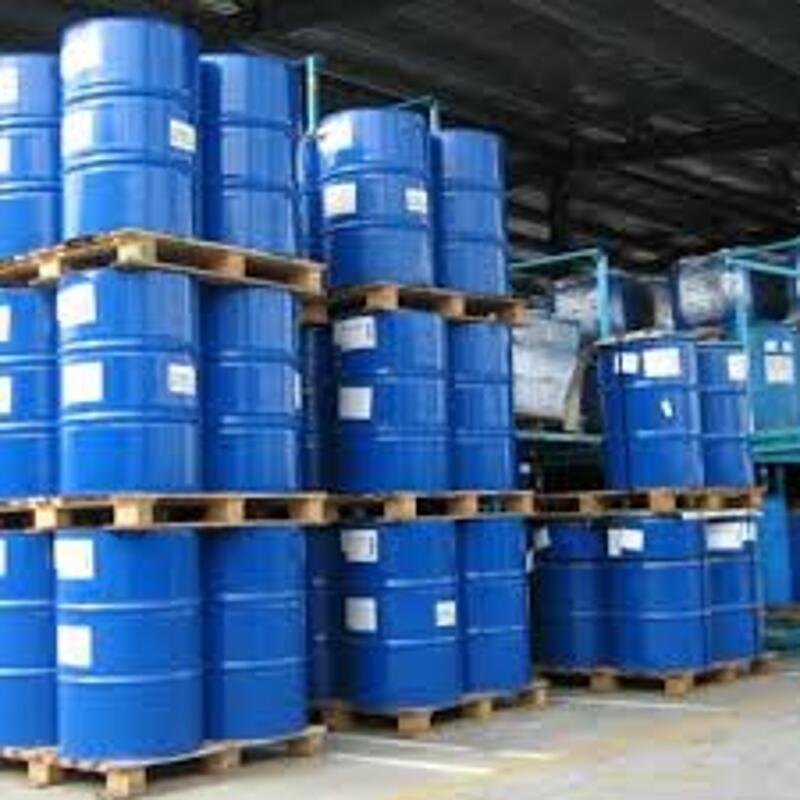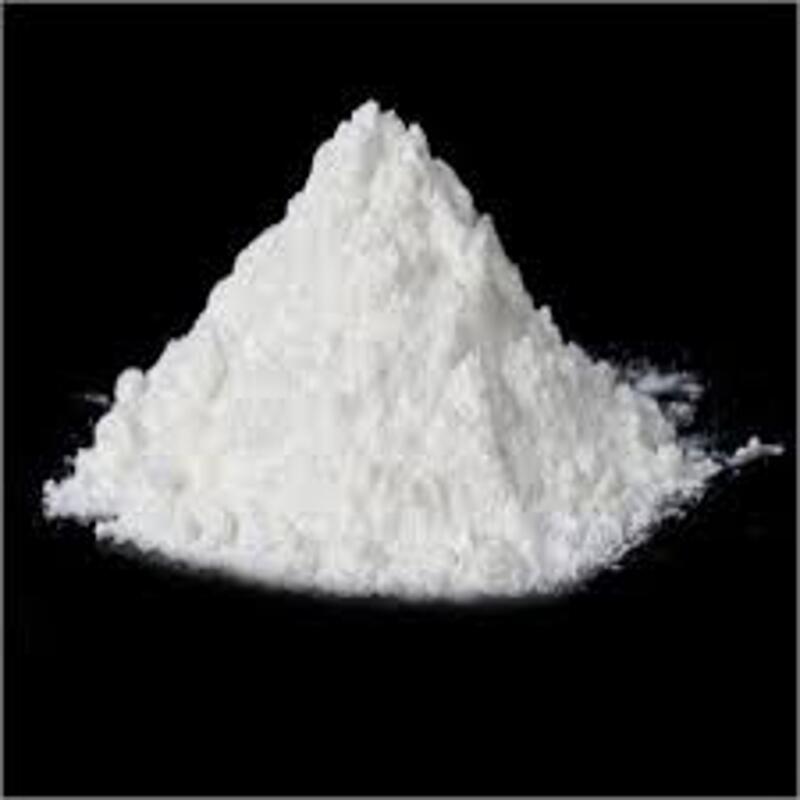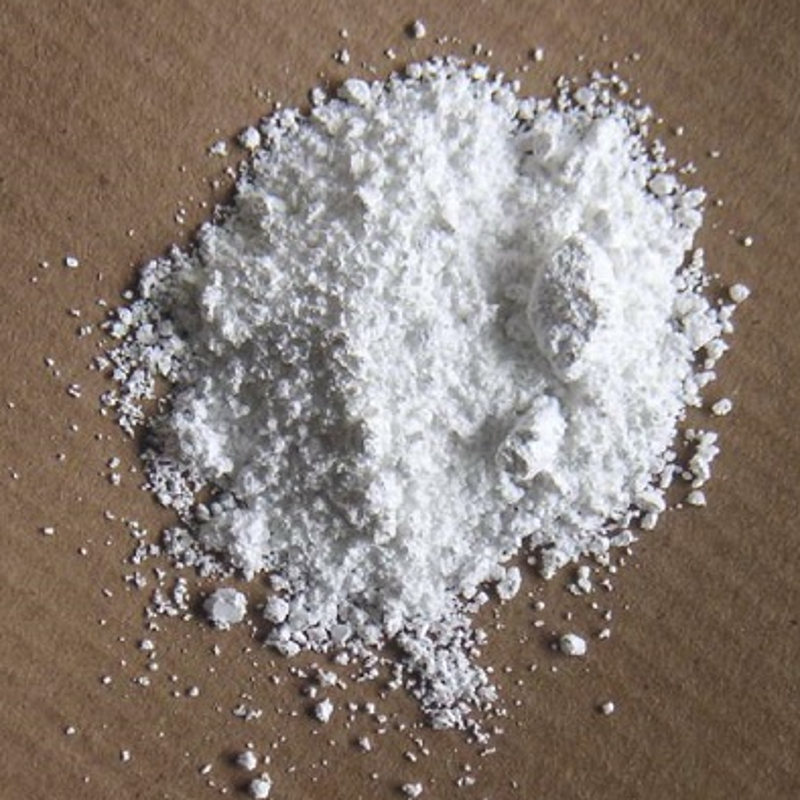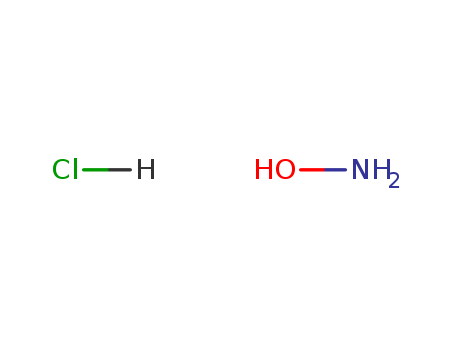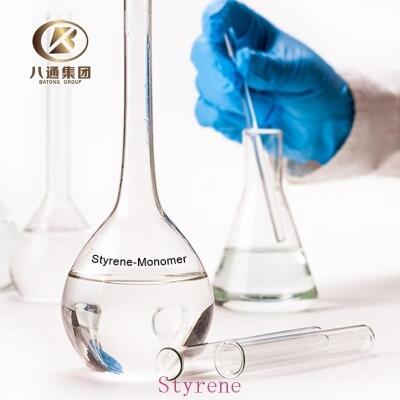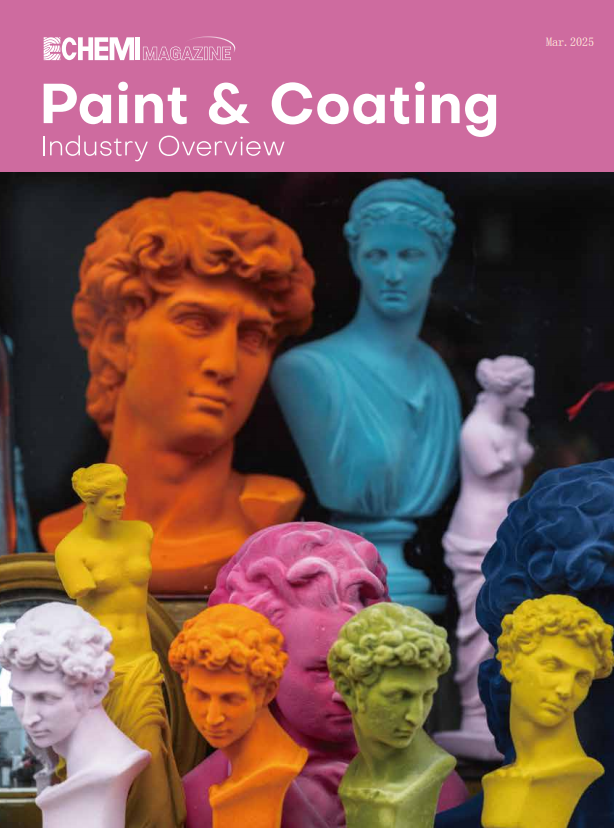Influence of covid-19 on European paint Market
In late March, novel coronavirus (COVID-19) was blocked by most European countries in the face of a severe recession. Most people are ordered to stay at home rather than go to work. Even in addition to necessities stores such as food and medicine, other stores are closed. As a result, paint demand in many regions has almost collapsed over time and it seems unlikely to recover unless governments remove restrictive "stay at home" policies to restore some normalcy to their economies.
In a depressed market environment, European paint and other manufacturing sectors are optimistic about the coming economic trend. The government's economic assistance package, including grants to enterprises and state guaranteed loans, as well as state subsidized wages to prevent layoffs, should help slow the decline in manufacturing production, especially among the big buyers of industrial coatings. Among consumers, government financing for businesses should help ensure that they can afford to do DIY in the coming months.
In addition, after the covid-19 pandemic, the sharp drop in oil prices also led to a drop in the cost of petrochemical raw materials. "30% of our raw material costs are indirectly related to oil prices," ELISA markula, chief executive of Finnish paint company digura, said at the annual performance press conference in Helsinki in February In March, there were signs that the number of cases of covid-19 in China had peaked, and the outbreak began in late December 2019, raising hopes for the export of some key raw materials (such as pigments and some additives). "The rebound in economic activity is likely to be strong once disruption and uncertainty disappear," said Oxford economics, a UK based consultancy, in March "It's important that businesses prepare for recovery." The consultancy said the 19 member eurozone was moving towards "the worst recession in its 21 year history". However, after a contraction of 4% in the second quarter, the "rapid rebound" in the second half of the year will bring GDP down to 2.2%. Strong growth in economic activity across Europe is a trend forecast by many other economic forecasters in the region.
In Britain, for example, the Oxford School of economics expects GDP to shrink by 3% in the first half of this year. On January 31, 2020, Britain officially separated from the 27 member states of the European Union. However, the subsequent economic recovery will bring 2.3% growth in the second half of the year and reduce the overall decline of the whole year to 1.5%. There is evidence that consumers' demand for decorative coatings has been curbed, and for them, the restriction of working at home is an opportunity for DIY. In many European countries, this demand has been curbed by central and local governments ordering the closure of paint retail stores. In Germany, Europe's largest paint market, only a few of its 16 federal states allow DIY stores to remain open in March. "Before closing stores, our member companies actually noticed an increase in paint sales," a spokesman for the German Coatings Industry Association (VDL) said. In the UK, where DIY stores are allowed to remain open, retailers saw rapid growth in sales in the first quarter of 2020.
Kingfisher is a UK based DIY retailer with a network of stores in Europe including two large chains. Sales in the UK rose 38% in the third week of the month, the company said in a temporary trading statement in March. This is the time when the UK government's "home policy" began to be fully implemented. Professional painters, on the other hand, are in a tough time, because during the pandemic, residents are reluctant to decorate at home. In addition, many countries have closed construction sites in addition to important projects such as hospitals. "In addition to professional painters, industrial paint manufacturers have also been hit hard by the coronavirus." Tom Bowtell, chief executive of BCF, said. "Some of their big customers, such as carmakers, are temporarily closing their factories in the UK and elsewhere in Europe. Orders for industrial coatings have fallen sharply. " Even before the outbreak of new coronavirus, the paint industry in most parts of Europe showed a trend of continuous decline or slow growth in sales, especially in Western Europe. In its February report on the outlook for Europe's largest coatings industry in Germany, VDL estimated that sales of coatings, inks and printing inks in Germany fell 1.4% in 2019 compared with last year.
It forecasts improvements by 2020, but sales are only "marginally up" by 0.4%. The European paint companies that stand out from the covid-19 epidemic are likely to be multinational companies with strong sales both in Europe and abroad, as well as some larger regional enterprises, such as digurira. These big companies tend to be those pursuing current strategies, with a focus on improving profitability. "In terms of our value over sales (strategy), we have been changing gradually," said Thierry vanlancer, President of AkzoNobel, at the company's annual performance meeting in February. We have turned to margin management and margin improvement management. " In the implementation of profit management policy, large companies largely rely on the strong position of their brands, and the publicity image of these brands is of high quality. "
In countries like Russia, consumers are increasingly aware of the importance of quality," markula said. In Russia, higher prices now mean quality to consumers. " In addition, many European international enterprises, such as Akzo Nobel and BASF, have strong businesses in China and other parts of Asia. With the decline of the covid-19 pandemic, demand in Asia is expected to grow faster and stronger than other places. "Given our large presence in Asia, coronavirus could cause demand to shift from the first quarter to later this year," vanlancker said. At the moment, we do not expect to be significantly affected throughout the year. " Analysts also expect multinationals such as Akzo Nobel and other multinationals with large coatings or coating materials businesses to be relatively safe in the outbreak. The most affected will be small and medium-sized enterprises, especially in the period of austerity that follows disease.
Looking for chemical products? Let suppliers reach out to you!
-
Paint & Coating Industry Overview Mar.2025
This issue provides analysis of the European and German coatings markets, as well as the latest monthly reports and price trends of coatings-related chemical raw materials. Support online permanent download.Published in: Mar.2025
Trade Alert
Delivering the latest product trends and industry news straight to your inbox.
(We'll never share your email address with a third-party.)
Related News
-
European dimethyl carbonate prices stabilized in August amid a rebound in market activity, and may rise in September
-
Paris Chaos: The Importance of Fire-resistant Coatings for Vehicles in the Face of Riots
-
AkzoNobel to supply Porsche China with complete water-based refinish products
-
Eastman sales revenue down 12%
-
KCC Organic Waterborne Waterproofing Releases The drying speed is shortened to a quarter of that of oil-based waterproofing
-
Ineos to build a new 250,000 tons/year vinyl acetate monomer plant
-
The best in history! Jordan's revenue rose 22 percent year on year to 8.7 billion yuan
-
Overcapacity! Is the chemical industry facing a shakeout?
-
Guangdong Petrochemical's 50tons/year polypropylene plant was successfully started up in one go
-
Manufacturing prices of chemical raw materials and products fell 1.1% month-on-month in January
Recommend Reading
-
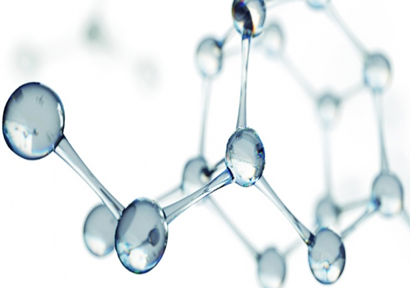
Different discussions on domestic toluene Market on May 8
-
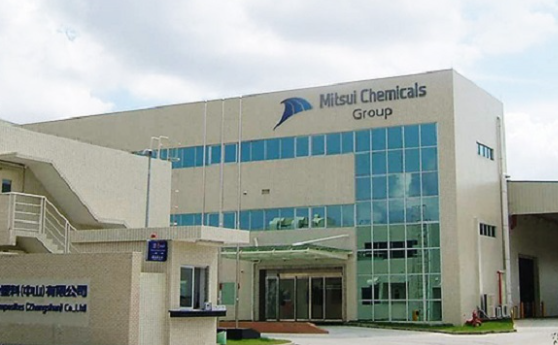
Mitsui Chemicals Signs Contract with Imec to Jointly Develop Next-Generation EUV Lithography Films
-
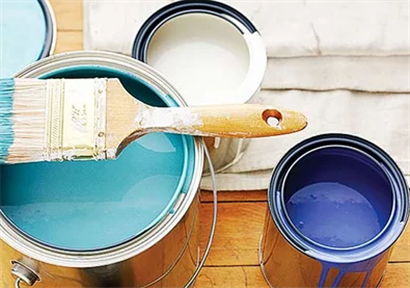
China's caprolactam exports exceeded imports for the first time
-
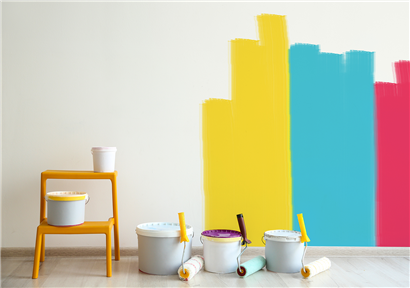
Acetone introduction: strong domestic acetone market offer on July 26
-

Ineos’ new cumene plant in Marl with an annual production capacity of 750,000 tons has been announced to be put into operation!
-

The Carlyle Group waves caution flag on chemical M&A
-
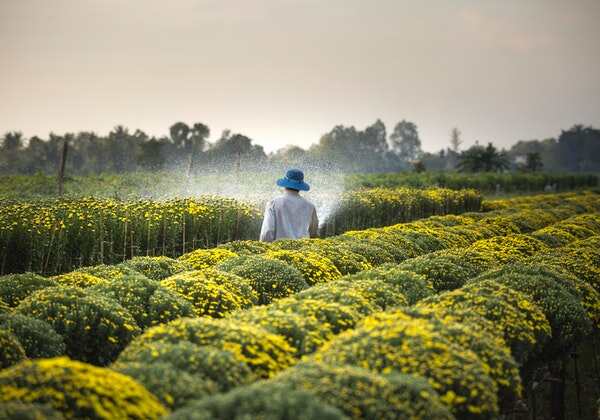
What is Brine water freezing point and its usese
-
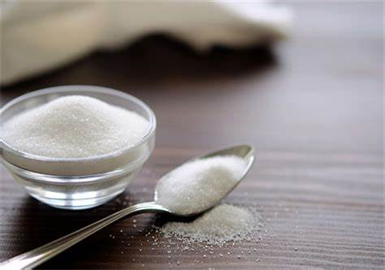
Latest Update from Japan: Chinese Dangshan Canning Factory Makes the List for Sweetener Problem, Implicated Company Faces 30x Sweetness Crisis!
-

The Latest Progress of Huarun Nylon 160,000 Tons/Year PA66 Project
-

Zhejiang free trade zone expansion: construction of chemical international trade
- Hot Searches
- dihexa peptide
- buy aspergum
- trifluoroacetic acid ethyl ester cas
- sulfuric acid structure
- hydrochloric acid formula
- glycerol formula
- california natural products
- orion engineered carbons
- nitric oxide formula
- benzyltriphenylphosphonium chloride
- formula for aluminium acetate
- chemical structure of methyl alcohol





